Part A Self Introduction
自己紹介をする
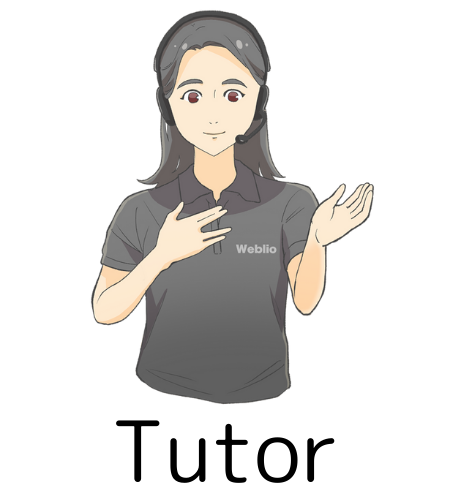
Part A_1 Self Introduction
Let’s introduce ourselves to each other.
My name is ________. What is your name?
Part A_2 Self Introduction
I am ________. Nice to meet you.
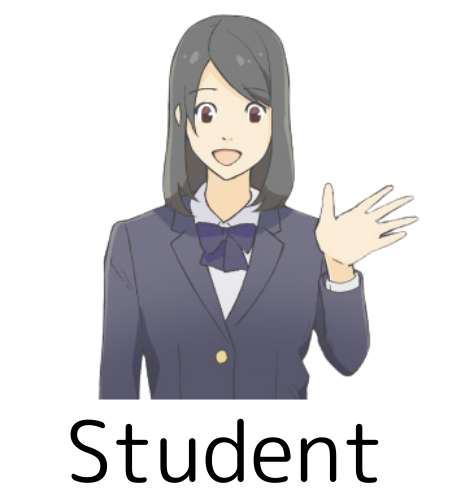

Part A_3 Self Introduction
Nice to meet you too, ________. What are you going to do this weekend?
Part A_4 Self Introduction
| Answer: |
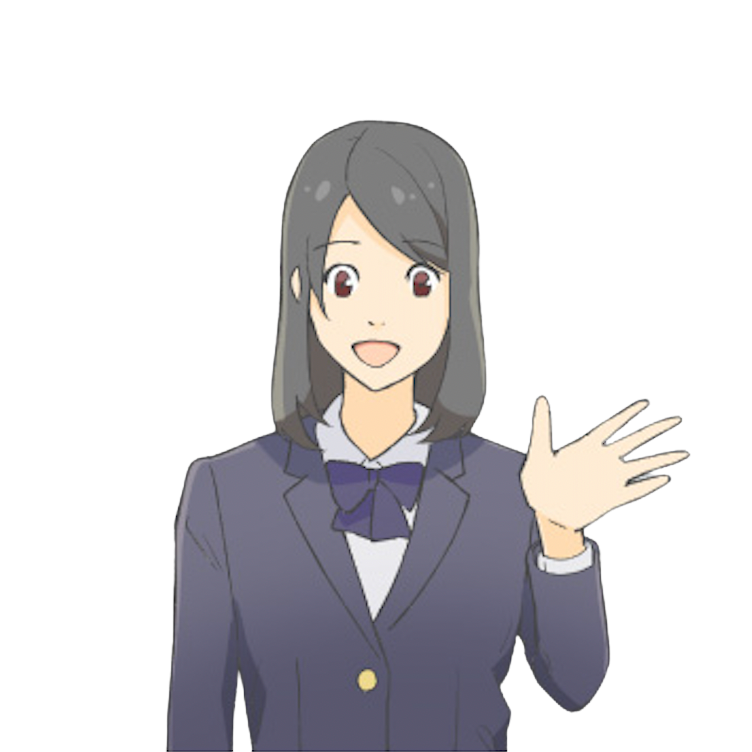
Part B Vocabulary
Let’s check the meaning and pronunciation of English words.

Part B_1 Vocabulary
We’ll read aloud the words below. Please repeat after me. I will check your pronunciation.
(Please send the mispronounced words and expressions to your student.)
講師の真似をして単語を発音しましょう。
Part B_2 Vocabulary
 |
written
(writeの過去分詞)書いた、書かれた
|
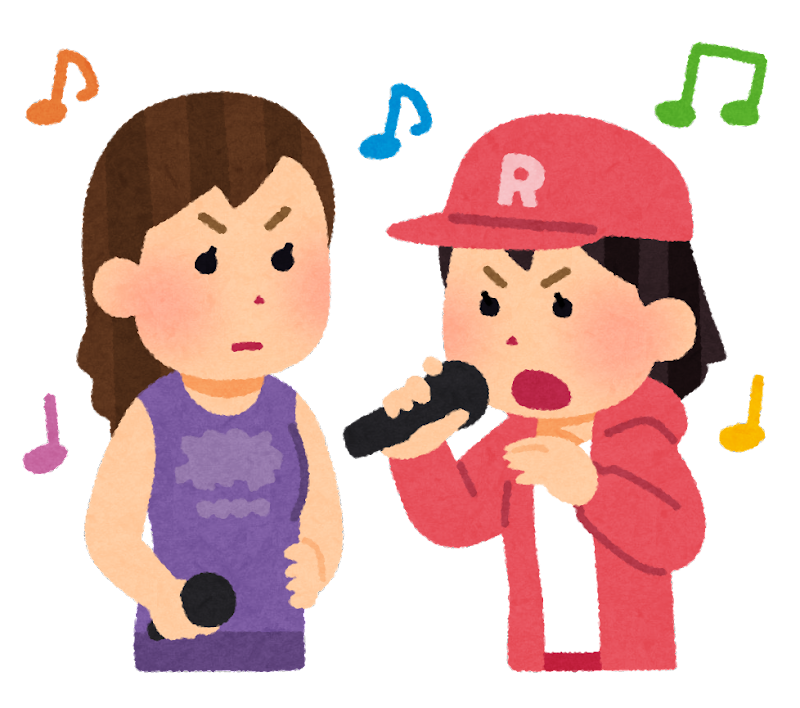 |
rhyme
韻(いん)
|
 |
seasonal
特定の季節の
|
| syllable(s)
音節
|


Part B_3 Vocabulary
Now, let’s review some words from part B_2.
(Please review the mispronounced words and expressions from part B_2.)
復習しましょう。
Part B_4 Vocabulary

Part C Role play

Part C_1 Role play
I will read the situation below. Then, we will have a roleplay based on the situation.
下記のシチュエーションを読み上げます。その状況をもとにロールプレイをしましょう。

Part C_2 Role play
A new English teacher came to your school. She is Ms. Megan Carter. One day, you met her on the stairs.
What do you say when you meet someone for the first time?
What do you say when you meet someone for the first time?
あなたの学校に新しい英語の先生がやってきました。ミーガン・カーター先生です。ある日、あなたは階段で彼女に会いました。
初対面の人と話すとき、なんと話しかけますか?
初対面の人と話すとき、なんと話しかけますか?
Part C_3 Role play
|
STUDENT:
|
Excuse me, but are you Ms. Carter? |
|
TUTOR:
|
Yes. I’m Megan Carter. |
|
STUDENT:
|
I’m Tanaka Fumiya. Welcome to our school, Ms. Carter. |
|
TUTOR:
|
Thank you! Nice to meet you, Fumiya. Are you in the third year? |
|
STUDENT:
|
Nice to meet you, too. Yes, I’m in class 3-4. We’ve been looking forward to your English class. |
|
TUTOR:
|
I’m very glad to hear that. See you later! |
|
STUDENT:
|
Goodbye! |


Part C_4 Role play
Great job! Now, please read the sample phrases.
素晴らしいです!
それでは、歓迎するときに使うフレーズの例を読んでみましょう。
それでは、歓迎するときに使うフレーズの例を読んでみましょう。
Part C_5 Role play
| 1. | We’re happy to have you here. |
| 2. | Let me know if there’s anything you need. |
| 3. | I hope you enjoy your time in Japan! |


Part C_6 Role play
Good! Now, let’s roleplay another situation. Fill in the blanks to complete the dialogue.
Good! それではロールプレイをしてみましょう。空欄にはC_5で読んだ、歓迎するときに使うフレーズを入れながら読んでみましょう。

Part C_7 Role play
You are welcoming a foreign visitor at a festival. Talk to him/her who came to Japan for the first time.
あなたはお祭りで外国人観光客を迎えることになりました。初めて日本に来た外国人観光客に話しかけてみましょう。
Part C_8 Role play
|
STUDENT:
|
Hi! Are you Ms. Wilson? |
|
TUTOR:
|
Yes. I’m Hannah Wilson. |
|
STUDENT:
|
I’m Yoshida Mako. We’re ______________ here. |
|
TUTOR:
|
Thank you, Mako. Have you been to this festival before? |
|
STUDENT:
|
Yes, I have. Let me know if _________________. |
|
TUTOR:
|
Thank you for the warm welcome. |
|
STUDENT:
|
You’re welcome. I hope ______________ in Japan! |


Part C_9 Role play
Your answers were fantastic! Now, let’s review your answers.
(Please review your student’s answers by sending the correct answers in complete sentences. After that, ask your student to read aloud his or her corrected answers.)
素晴らしいです!これで海外から来た人を歓迎することができますね。
不安なところや、確認したいところがあれば復習しましょう。
不安なところや、確認したいところがあれば復習しましょう。
Part C_10 Role play

Part D Dialogue practice and Passage reading
Read the dialogue and passage.

Part D_1 Dialogue practice and Passage reading
Let’s read the dialogue below.
会話文を読みましょう。
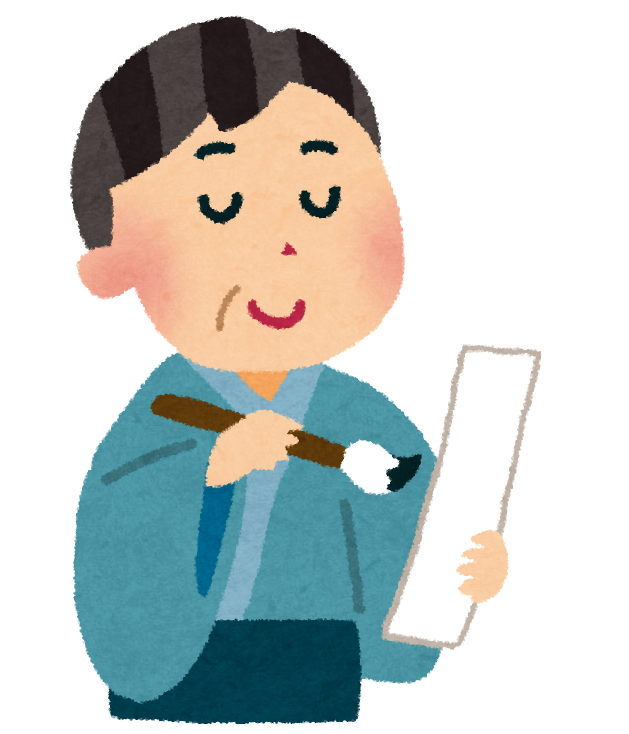
Part D_2 Dialogue practice and Passage reading
|
TUTOR:
|
You’ve been reading that book since 9 a.m., Ann. What is that? |
|
STUDENT:
|
It’s a book about haiku. It’s a bit difficult, but it’s interesting. Look. |


Part D_3 Dialogue practice and Passage reading
Please read the passage.
続きのパッセージを読みましょう。
Part D_4 Dialogue practice and Passage reading
Haiku have been an important part of Japanese culture since the Edo period. Japanese people have been writing them for centuries.
Haiku are different from traditional English poems. First, they use only a few words. They are not written in sentences. Second, the lines do not need to rhyme. Third, a seasonal world must be included.
On the other hand, rhythm is very important, like in most English poems. Haiku use three lines that must be five, seven, and five syllables long.


Part D_5 Dialogue practice and Passage reading
Now, let’s review some words and expressions.
(Please review the mispronounced words and expressions from the dialogue.)
復習しましょう。
Part D_6 Dialogue practice and Passage reading

Part E Comprehension Check
Answer the questions and check your grammar. Make sure you understand the content.

Part E_1 Comprehension Check
Now, you will answer the questions based on the passage. I will check if your sentences are complete and if the grammar is correct.
(Please send the sentences that need grammar corrections to your student.)
質問に答えてみましょう。

Part E_2 Comprehension Check
| 1. | Since when have haiku been an important part of Japanese culture? |
Part E_3 Comprehension Check
| Answer: |


Part E_4 Comprehension Check
| 2. | How long have Japanese people been writing haiku? |
Part E_5 Comprehension Check
| Answer: |


Part E_6 Comprehension Check
Now, let’s review your answers.
(Please review your student’s answers by sending the correct answers in complete sentences. After that, ask your student to read aloud his or her corrected answers.)
復習しましょう。
Part E_7 Comprehension Check

Part F Ask Questions
Answer the question based on your own opinion.

Part F_1 Answer Questions
Now, you will answer the question based on your own experience. I will check if your sentence is complete and if the grammar is correct.
(Please send the sentences that need grammar corrections to your student.)
質問に答えてみましょう。

Part F_2 Answer Questions
| 1. | Have you read any poems in Japanese or English? What do you think about them? |
Part F_3 Answer Questions
| Answer: |


Part F_4 Answer Questions
| 2. | Do you like to write any sentences/essays/poems? Why or why not? |
Part F_5 Answer Questions
| Answer: |


Part F_6 Answer Questions
| 3. | Is there something you’ve been doing since you were a child? How long have you been doing it? |
Part F_7 Answer Questions
| Answer: |


Part F_8 Answer Questions
| 4. | How long have you been studying English? |
Part F_9 Answer Questions
| Answer: |


Part F_10 Answer Questions
Now, let’s review your answers.
(Please review your student’s answers by sending the correct answers in complete sentences. After that, ask your student to read aloud his or her corrected answers.)
復習しましょう。
Part F_11 Answer Questions

Part G Free talk
Talk about the following topics.
フリートークをしてみよう

Part G_1 Free talk
Let’s do a free talk about the following topics.
(Please do a free talk if you have time left.)
フリートークをしましょう。
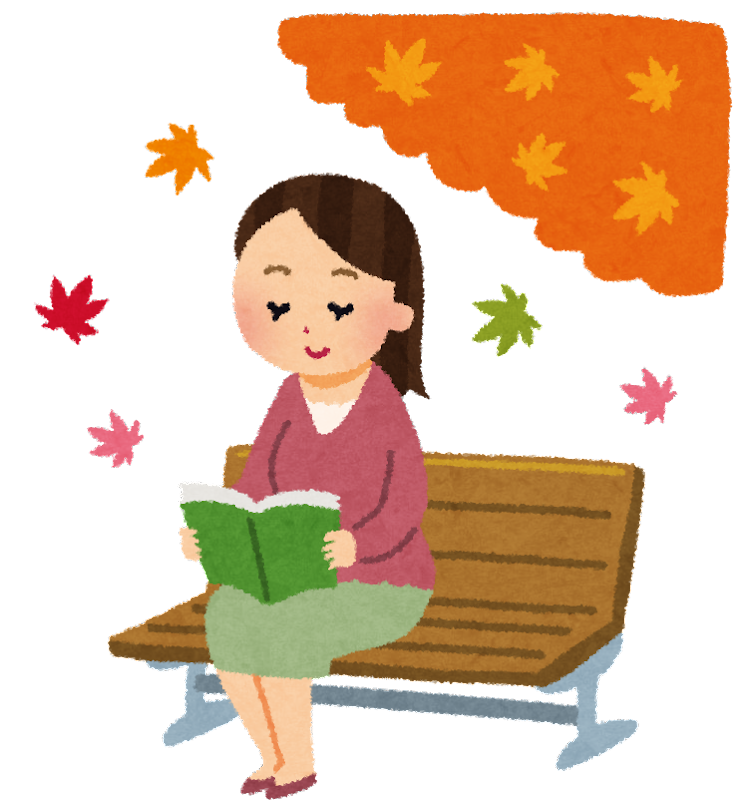

Part G_2 Free talk
Do you like reading?
If yes, why do you like it? Please tell me about your favorite book.
If not, why? What do you like to do in your free time?
If yes, why do you like it? Please tell me about your favorite book.
If not, why? What do you like to do in your free time?
Part G_3 Free talk
| Answer: |


Part G_4 Free talk
Do you like your hometown?
How long have you lived there? Please tell me about your home town.
How long have you lived there? Please tell me about your home town.
Part G_5 Free talk
| Answer: |
